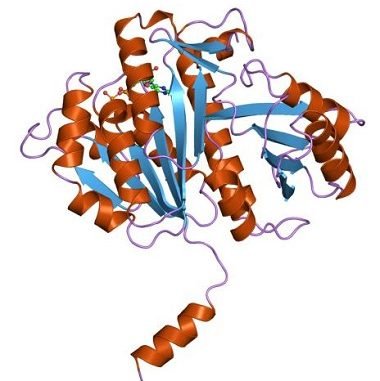
Most of the bacterial pathogens represent a threat to human health. In the past three decades, a number of antibiotics have been developed and marketed. However, the antibiotic resistance developed in many antibacterial agents with reported low or no antibacterial activity. This fact poses a serious concern.
To deal with the adaptive machinery of the bacteria, new targets and new pharmacophores need to be identified in order to develop completely different antibacterial agents, especially with novel mechanisms of action.
The group of researchers from the Northwest University and Duke University Medical Center have focused their research on the FtsZ, a key protein of bacterial cell division. This protein is promising for the new mechanism development, and represents an excellent therapeutic target for the discovery of novel antimicrobial agents.
The inhibition or delay of FtsZ assembly can result in the blockage of bacterial cell division which leads to apoptosis – the programmed cell death. These findings of the study published in BJBMS should encourage further research on the FtsZ inhibitors, as they have shown to be effective antimicrobial agents and will probably appear in the clinical practice in the next few years.

Reference:
Editor: Edna Skopljak
Leave a Reply